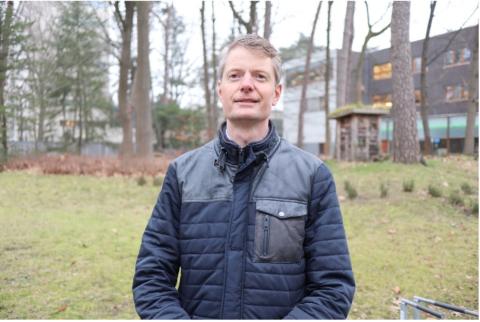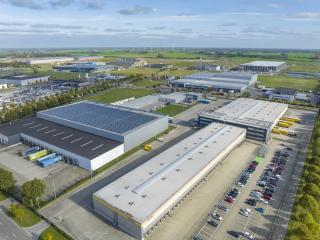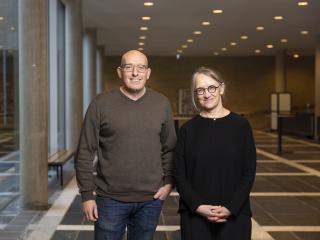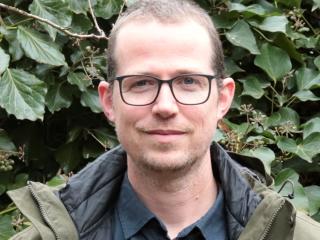Ben Vollaard: ‘Environmental crime always leaves traces somewhere’
Environmental economist Ben Vollaard presented a Tilburg University Junior lecture for children on February 28 on the subject of ‘companies that are secretly polluting our environment’. It is a theme that appeals to children, but certainly to adults as well. Ben Vollaard operates like a true detective and has already uncovered several cases. His work is far from finished.
‘I actually wanted to be an archeologist when I grew up,’ Ben Vollaard admits. ‘I love the outdoors, I love looking for clues and writing stories about them. Now I am also doing detection work, but I am trying to track down fraudulent companies that willfully pollute the environment and habitats. I am fond of forensic economics: using quantitative data in a smart way to uncover secret, illegal behavior. It is rewarding work, because of course it is outrageous when corporations destroy our planet for some extra short-term earnings.’
Dumping after sunset
One of this first cases was a study into ships in the North Sea. Data from Coast Guard surveillance flights showed that ship crews were dumping oily substances into the sea. Crews do so after sunset so they are sure they will not be convicted even if they are caught. Illegal dumping at night or in rough seas is harder to detect and evidence is too slight to make a case that will stand up in court. This shipping study was followed by more research, among other things, into other fraud in the fishing industry.

You cannot help but ask yourself: in how many other ways are we being swindled?
Test-cheating diesel cars
‘There are plenty of environmental regulations, but they are rarely properly policed,’ Ben Vollaard states. ‘I think that everyone who works in a company knows about something that is not right. It's everywhere. Most of it will remain undiscovered. Sometimes fraud is exposed but often only after many years. One example is the Volkswagen test-cheating diesel cars. Tens of thousands of diesel-powered Volkswagen cars have been driving around for years with rigged software before the scandal came to light in 2015. That was about gas emissions but we now see the same thing with crashworthiness. Apparently you can also cheat on crash tests. Toyota has done it for more than 25 years, but we have only recently discovered it. You cannot help but ask yourself: in how many other ways are we being swindled?’
Whistleblowers
It is the workers that are aware of fraud or illegal practices, not inspectors or researchers, Vollaard argues. ‘Whistleblowers collaborating with the press are an effective way of exposing fraud. But in the absence of whistleblowers, outsiders like me must do the job. Environmental crime almost always leaves traces somewhere so we aren’t totally empty-handed. The trick is to use these traces in such a way that you can convincingly argue: fraud has been committed here, it simply has to be fraud. What I use in my investigations is that companies sometimes commit fraud but not all the time. This goes for activities that you can easily do or not do, for instance, illegal dumping or using an illegal fishing net. In this way, I was able to show, with my colleague Stephen Kastoryano, that North Sea cutters catch fewer small fish in weeks when the inspection vessel is active. That is because they are then less likely to use illegal nets in which many small fish get stuck.’
Traces
Environmental fraud detection is not easy. ‘A company wants to prevent at all costs that it is exposed for fraud. After all, fraud is often a huge gamble. In the short term, it can make you a lot of money, but it can also cost you a lot of money in the end. For instance, Volkswagen has now lost tens of billions of euros in the aftermath of ‘dieselgate’.'
Watch the lecture here (in Dutch)
Join us on March 28, 2024 for Alumni Startup Night: Climate & Energy transition
A joint event of Tilburg University and Eindhoven University of Technology
- Share your knowledge and experience
- Expand your network, also with TU/e alumni
- Get new insights
Date of publication: 8 February 2024



